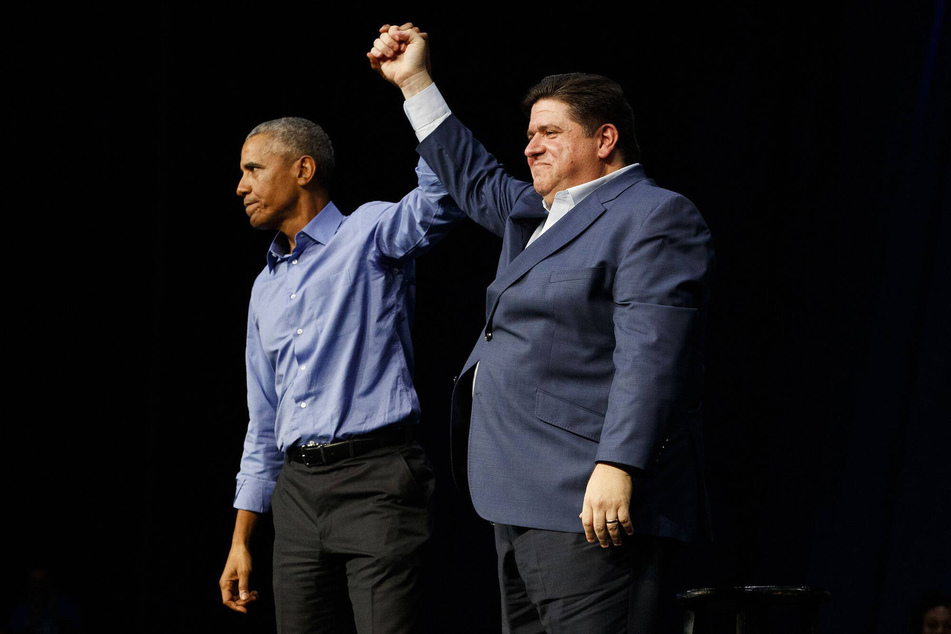Portion of new law that ends cash bail in Illinois deemed unconstitutional
Kankakee County, Illinois - A judge has ruled that the provision within the controversial new law that would eliminate cash bail in Illinois is unconstitutional.

Kankakee County Chief Judge Thomas W. Cunnington argued in his ruling on Wednesday that "the appropriateness of bail rests with the authority of the court and may not be determined by legislative fiat."
According to the Chicago Sun Times, the case was brought before the judge after sheriffs and prosecutors brought forward 64 lawsuits arguing that a provision of the law, the SAFE-T Act, violates the state's constitution.
Illinois state Governor J.B. Pritzker signed the SAFE-T Act into law last year, which was expected to take effect at the beginning of 2023.
The controversial section within it would toss out the age-old cash bail system, allowing a judge to have the final say on whether an arrested person should remain in jail instead of money, which an individual may or may not have.
The bill states that "detention only shall be imposed when it is determined that the defendant poses a specific, real and present threat to a person, or has a high likelihood of willful flight."
Officials react to the judge's ruling against the SAFE-T Act and cash ball elimination

Judge Cunnington's decision comes only a few days before the act was to go into effect at the start of the year. While Cunnington has not issued an injunction, it is not clear whether the ruling will halt the act's rollout.
The state's attorney James Rowe, who has been fighting adamantly against the provision, said in a press release that it would have "amended the State Constitution and eroded the constitutional protection of the Victim Rights Act."
He has also urged the judge to send the act back to the Illinois General Assembly, so it can be passed "the right way, the safe way."
During a statement on Wednesday night, Governor Pritzker called the ruling a "setback."
"The General Assembly and advocates worked to replace an antiquated criminal justice system with a system rooted in equity and fairness," he explained. "We cannot and should not defend a system that fails to keep people safe by allowing those who are a threat to their community the ability to simply buy their way out of jail."
Attorney General Kwame Raoul also put out a press release, in which he assures proponents of the bill that "the court's decision is binding in the 64 cases that were consolidated in Kankakee County," but not so in "any other case, including those involving criminal defendants in any of the state's 102 counties."
Hopefully, the state's officials will come to a conclusion before the provision is set to take effect on January 1.
Cover photo: IMAGO / Panthermedia

